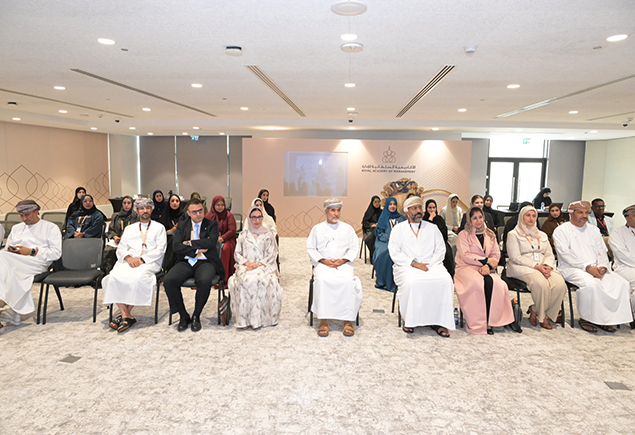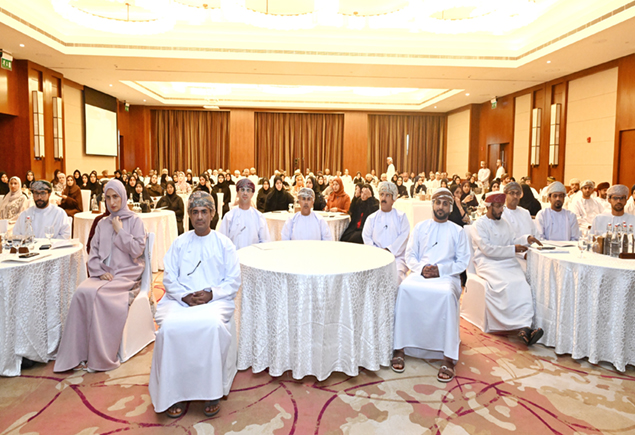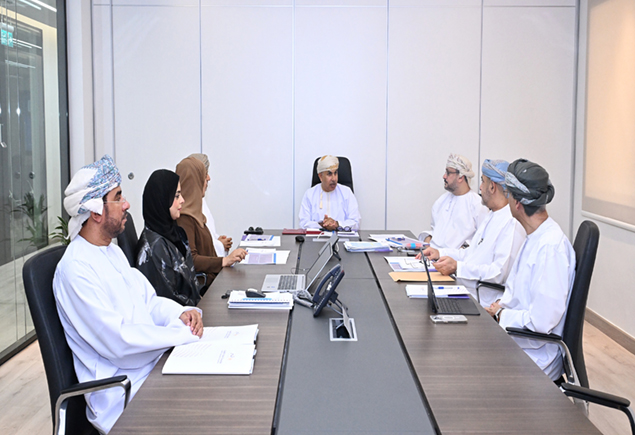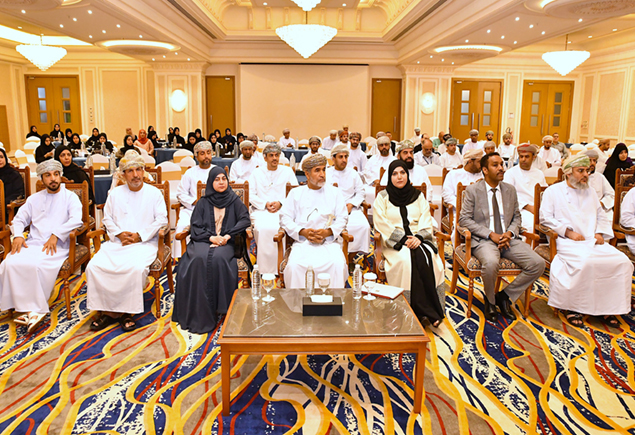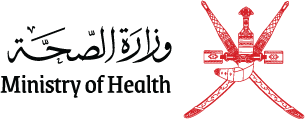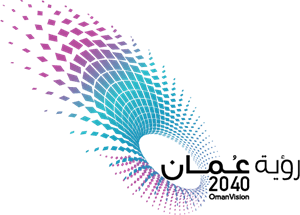To strengthen and activate the connection between health and peace, with a focus on the unique role that public health programs can play in bringing together different parties and building trust, the Royal Academy for Administrative Sciences launched today (Tuesday) the training course for the Global Health and Peace Initiative (GHPI).
The training course, organized by the Ministry of Health (MOH) represented by the Department of External Relations and Organizations, in cooperation with the Oman Medical Specialty Board, is supported by the WHO Regional Office for the Eastern Mediterranean, represented by the Healthy Populations Department.
The opening of the training session was held under the patronage of H.E. Dr. Ahmed Salem Al-Mandhri, MOH Undersecretary for Planning and Health Regulation, and attended by Dr. Siham Salem Al-Sinani, Executive Director of the University Medical City, Dr. Alaa Hashish, Head of the Technical Team at the WHO Office in Oman, along with several officials from the Ministry.
Al Mandhari stressed in his speech that this important training course highlights the vital link between health and peace, inspired by global and regional experiences that have highlighted the urgent need for integrated efforts in this area. Over the next three days, the course will delve into the concepts of global health security, health diplomacy, and the relationship between conflicts and their impact on health care delivery, highlighting real-life examples to analyze the challenges and opportunities in affected environments.
MOH Undersecretary for Planning and Health Regulation added that this course represents a fundamental step towards strengthening the role of health workers to become not only service providers, but also advocates for social justice and health equity, wherever possible and safe. The course will explore the effective strategies for integrating conflict-sensitive and peace-responsive health programming, with a focus on the importance of equity, inclusiveness, and community empowerment.
In addition, Al Mandhari stressed that the challenges facing conflict-affected environments require a comprehensive vision and coordinated efforts to build more resilient health systems, capable of providing sustainable services that enhance trust with all parties. “Through this course, we seek to empower you as leaders and practitioners capable of making a tangible change in building a future based on peace and health for all.” H.E. Dr. Ahmed Al-Mandhri said.
Dr. Alaa Hashish, Head of the Technical Team at the WHO Office in the Sultanate of Oman, explained that the WHO believes that “Health for All” is not just a slogan, but also rather the cornerstone for achieving world peace. Since its establishment, the organization has been working to build sustainable and comprehensive health systems that are able to promote peace in fragile and conflict-affected societies.
The three-day training course focuses on global public health, global health security, the Global Health and Peace Initiative, health diplomacy, and opportunities for building peace through health.
The course covers key concepts related to health and peace and their interconnections, global health security, and health diplomacy. It also includes real-world case studies to enable critical analysis of integrated perspectives on health and peace, exploring the impact of conflicts on health and healthcare delivery. Furthermore, the course discusses the design and implementation of inclusive and equitable health initiatives aimed at affected communities to enhance trust in the health sector and promote social cohesion.
The course aims to be a source of continuing professional development for individuals working in health care, humanitarian response and development, provide participants with the basic concepts of health and peace, promote conflict-sensitive programming, humanitarian efforts that will contribute to conflict resolution, violence prevention and advocacy for the GHPI initiative at national and regional levels.
This initiative copes with the broader objectives of the World Health Organization under the Fourteenth General Programme of Work which contribute to achieving universal health coverage, better protection during health emergencies and improved health and well-being.
It is worth noting that the Health and Peace Initiative (HOPE) launched in 2019 as a joint effort between the Ministry of Health in the Sultanate of Oman and the Government of Switzerland in the Eastern Mediterranean region that later evolved into the Global Health and Peace Initiative (GHPI) in 2021.
